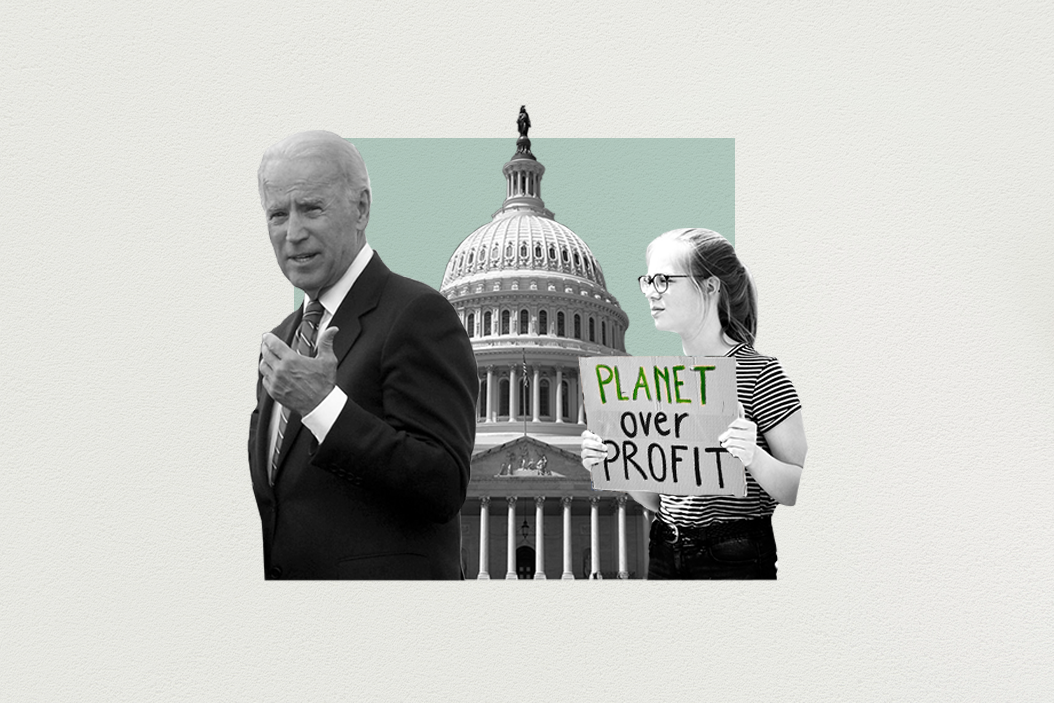News
December 16, 2020
2.5 trillion: Getting the US economy to net zero carbon emissions by 2050 — a pledge made by the incoming Biden administration — would require an additional $2.5 trillion in capital investment in green technologies like electric vehicles, electric heat pumps in homes, and more solar and wind power, according to a new study by Princeton University. The report argues that the 2050 target is doable with "proactive policy and action."
348: Facebook has removed 348 fake accounts linked to the French military and Russia's notorious Internet Research Agency for violating the social media platform's policies by spreading misinformation in African countries. The fake accounts posted content supportive of France's policies in Africa, and — oddly enough for a Russian troll farm — claimed that Moscow is meddling in an upcoming election in the Central African Republic.
7: Saudi Arabia plans to cut public spending by 7 percent next year to offset the deficit created by the pandemic and global economic crisis. The economy of the world's largest crude oil producer has been shattered in 2020 by pandemic-induced low oil prices, which have recently recovered but are yet to reach the break-even point for the Saudis to balance the budget.
570,000: At least 570,000 people have fled their homes in conflict-affected northern Mozambique since Islamic State-affiliated fighters launched an offensive there almost three years ago. Mozambique has asked for EU military assistance to help defeat the militants, who have seized control of a strategic port in the country's north.
More For You
An employee works on the beverage production line to meet the Spring Festival market demand at Leyuan Health Technology (Huzhou) Co., Ltd. on January 27, 2026 in Huzhou, Zhejiang Province of China.
Photo by Wang Shucheng/VCG
For China, hitting its annual growth target is as much a political victory as an economic one. It is proof that Beijing can weather slowing global demand, a slumping housing sector, and mounting pressure from Washington.
Most Popular
Two Iranian motorcyclists stop in front of the burned East Tehran General Directorate of Tax Affairs headquarters in Tehran, Iran, on January 21, 2026.
Photo by Morteza Nikoubazl/NurPhoto
30,000: The estimated death toll in Iran during the protests at the start of the year, per local health officials, underscoring the scale of the Islamic Republic’s crackdown on its own citizens.
The World Health Organization (WHO) headquarters is seen in Geneva, Switzerland, January 28, 2025.
REUTERS/Denis Balibouse
Seventy-eight years after helping found the World Health Organization (WHO), the United States has formally withdrawn from the agency, following through on a pledge President Donald Trump made on his first day back in office.
Mastercard Economic Institute's Outlook 2026 explores the forces redefining global business. Tariffs, technology, and transformation define an adaptive economy for the year ahead. Expect moderate growth amid easing inflation, evolving fiscal policies, and rapid AI adoption, driving productivity. Digital transformation for SMEs and shifts in trade and consumer behavior will shape strategies worldwide. Stay ahead with insights to help navigate complexity and seize emerging opportunities. Learn more here.
© 2025 GZERO Media. All Rights Reserved | A Eurasia Group media company.
